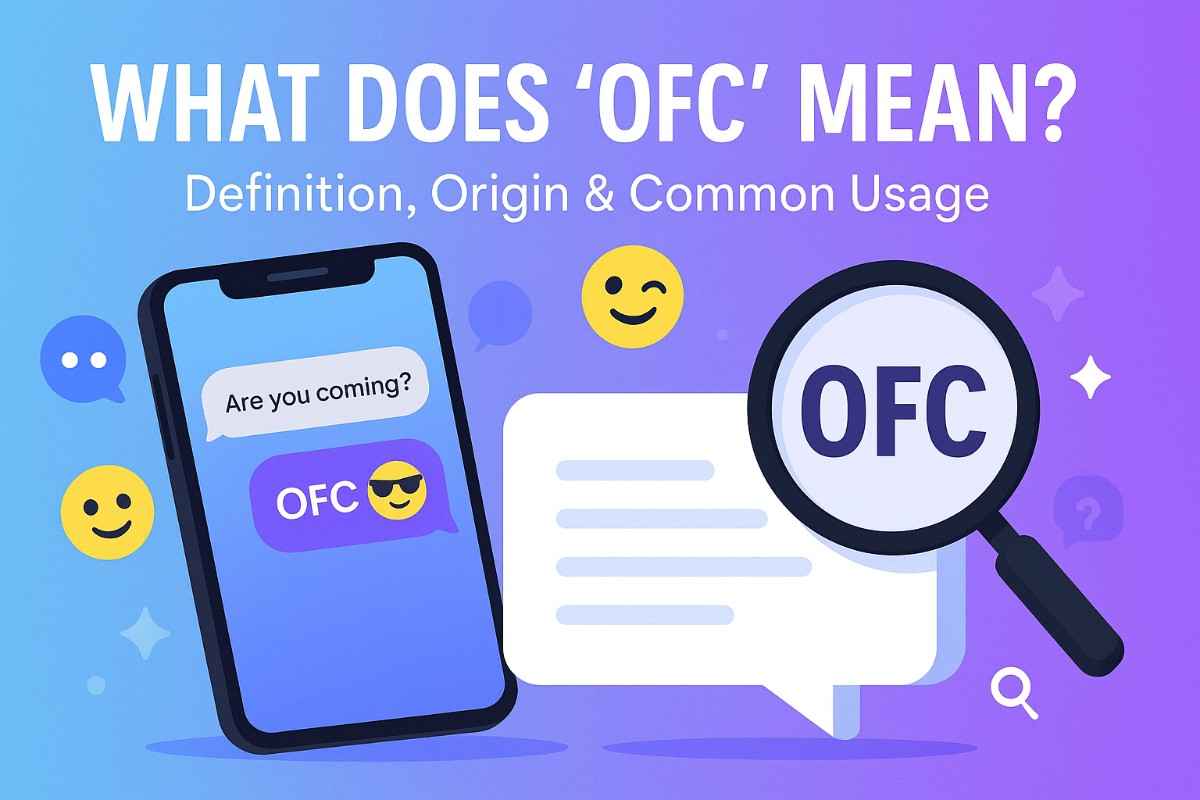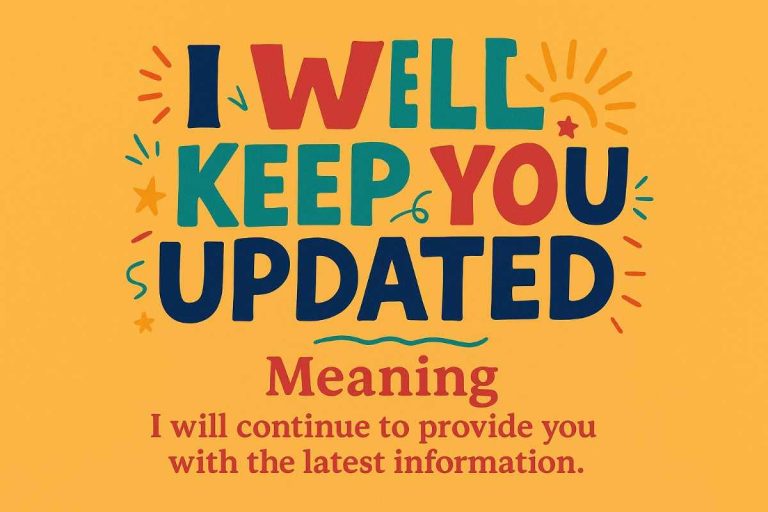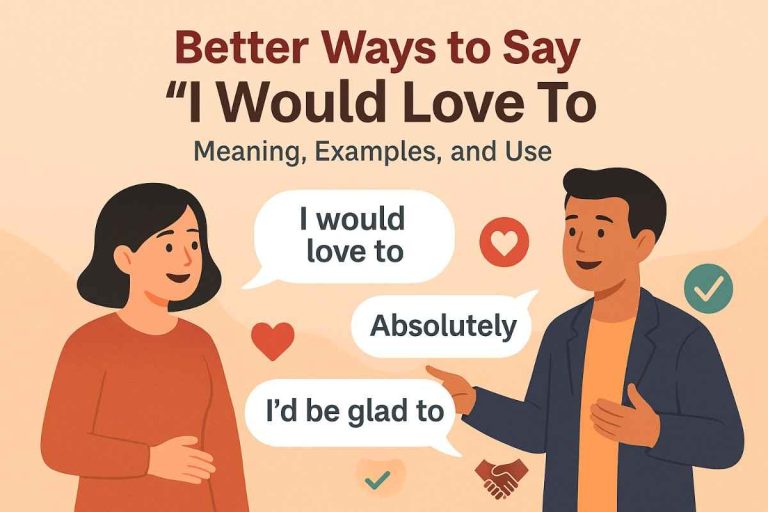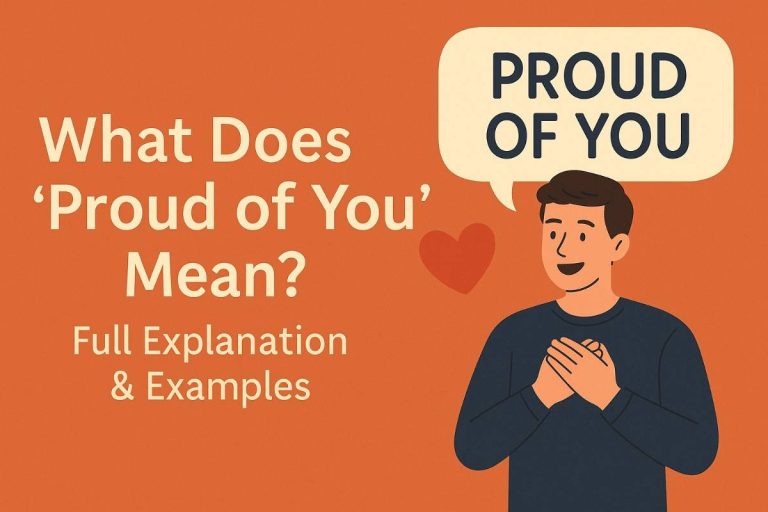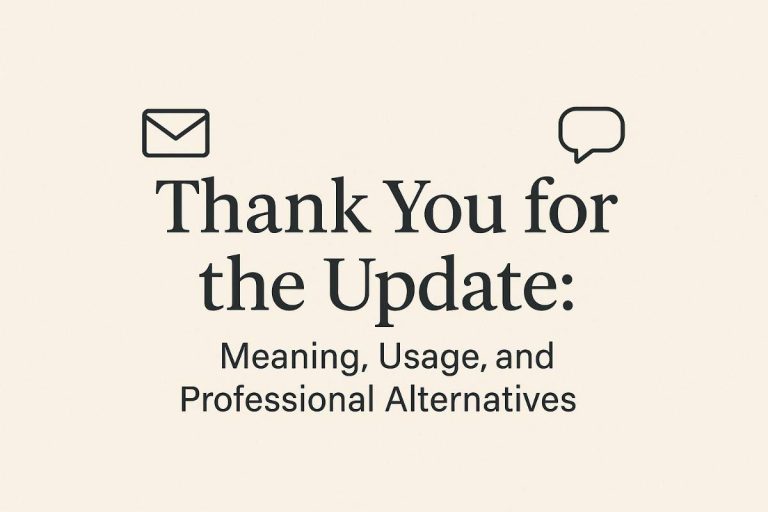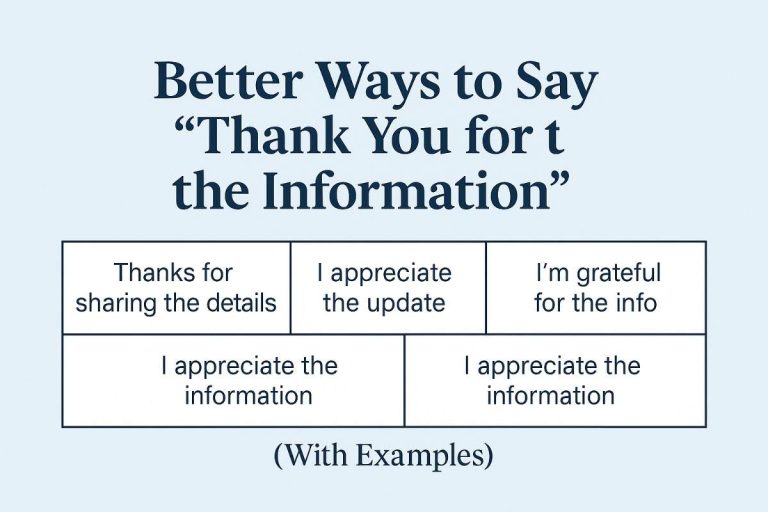What Does “OFC” Mean? Definition, Origin & Examples
If you spend time online or text often, you’ve probably seen the short form “OFC.” It’s one of those acronyms that pops up in comments, posts, and chats everywhere. It looks simple, but if you’re not used to internet slang, it might leave you wondering — what does it mean?
The good news is that “OFC” is easy to understand once you see how people use it. It’s friendly, casual, and common across social media. The tone usually depends on context — sometimes it’s polite, sometimes playful, and sometimes even sarcastic.
Let’s explore what “OFC” means, how it’s used across platforms, and how to use it naturally in your own messages.
What Does “OFC” Mean?
The acronym OFC stands for “Of course.” It’s a quick, informal way to say yes, agree with someone, or show something is obvious.
When you write “OFC,” you’re simply shortening “of course” to make texting faster. It’s like other short forms — “IDK” for “I don’t know” or “OMG” for “oh my God.”
Common Examples:
“Are you coming to the party?”
“OFC!”
or
“Did you bring your phone?”
“OFC I did 😂.”
So, “OFC” = “of course.” It’s friendly, casual, and easy to use in everyday text conversations.
Tone of “OFC”
The tone depends on how it’s written and what emojis or punctuation you use.
- Polite: “OFC, I’ll help you.”
- Excited: “OFC!!! Can’t wait!”
- Sarcastic: “OFC you forgot again 🙄.”
That’s part of what makes “OFC” so versatile. It fits all kinds of emotions — from agreement to light teasing — without using long sentences.
See This – What Does “ISTG” Mean? Definition, Origin & Examples
OFC Full Form on Social Media Platforms
You’ll see “OFC” everywhere online — from comments on Instagram to replies on Twitter. Let’s look at how it’s used across popular platforms.
1. OFC on TikTok
On TikTok, “OFC” often appears in comments or captions. It’s used to agree with a video or emphasize something obvious.
Example:
“OFC she’s slaying as always 💅.”
Sometimes, creators use it sarcastically in trends or sound clips.
Example:
“OFC I’m fine” (when they’re clearly not fine).
It adds humor or exaggeration in a quick, relatable way.
2. OFC on Instagram
On Instagram, “OFC” shows up in captions, stories, or comment threads. It helps people sound casual and natural.
Example:
“OFC I had to take a picture here 😍.”
It’s also common in comments between friends:
“You look amazing!”
“OFC I do 😂.”
3. OFC on Twitter (X)
On X, people use “OFC” when responding to posts or expressing opinions.
Example:
“OFC people are still talking about that drama.”
It adds a conversational tone, especially when agreeing with someone or reacting to trending topics.
4. OFC on Discord or Reddit
In online communities or group chats, “OFC” is a go-to reply to show quick agreement.
Example:
“Are we playing tonight?”
“OFC.”
It’s simple, to the point, and friendly — perfect for group conversations.
5. OFC in Text Messages
In everyday texting, “OFC” is a fast, casual way to say yes or confirm something.
Example:
“Can you help me move tomorrow?”
“OFC! What time?”
It keeps the tone warm and positive while saving time typing.
The Origin and History of the Phrase
The phrase “of course” itself dates back centuries. It comes from old English expressions meaning “naturally” or “without question.” People used it to express certainty or agreement.
As digital communication evolved, people began shortening long phrases for speed and convenience. Texting and online chatting in the early 2000s made abbreviations like “OFC” popular.
It became part of a growing list of internet shorthand expressions, including:
- “BRB” (be right back)
- “TBH” (to be honest)
- “IMO” (in my opinion)
- “SMH” (shaking my head)
By the mid-2010s, “OFC” was everywhere — from online games to social media comments. It’s now so common that even people who don’t use much slang often understand it right away.
Because it’s short and positive, “OFC” fits naturally into modern communication. It saves time but still sounds friendly, which is why it’s stayed popular for so long.
When & Where to Use “OFC”
You can use “OFC” in almost any casual setting. It’s friendly, confident, and simple — perfect for quick replies or social posts.
Here are some common situations where “OFC” works well:
1. Agreeing With Someone
Use “OFC” when you’re agreeing with a friend or confirming something obvious.
Example:
“You love pizza, right?”
“OFC!”
It’s upbeat and direct.
2. Answering a Question
When someone asks something and the answer is clearly yes, “OFC” keeps your response short and natural.
Example:
“Are you coming to the party?”
“OFC, wouldn’t miss it.”
3. Showing Excitement
You can use “OFC” to show enthusiasm or happiness.
Example:
“Did you get the job?”
“OFC I did! 🎉”
4. Being Playful or Teasing
Sometimes “OFC” adds a fun, lighthearted tone — especially when joking with friends.
Example:
“You’re late again!”
“OFC I am 😂.”
5. Expressing Sarcasm
When paired with the right tone or emoji, “OFC” can sound sarcastic.
Example:
“OFC you forgot your keys again 🙄.”
It’s friendly sarcasm — not mean, just humorous.
When Not to Use “OFC”
Avoid “OFC” in professional or formal communication. In emails, reports, or academic writing, use the full phrase “of course” instead. It sounds more polished and appropriate.
Example (formal):
“Of course, I’d be happy to assist you.”
Also Read – WYLL Meaning: Text, Social Media & Slang Definition
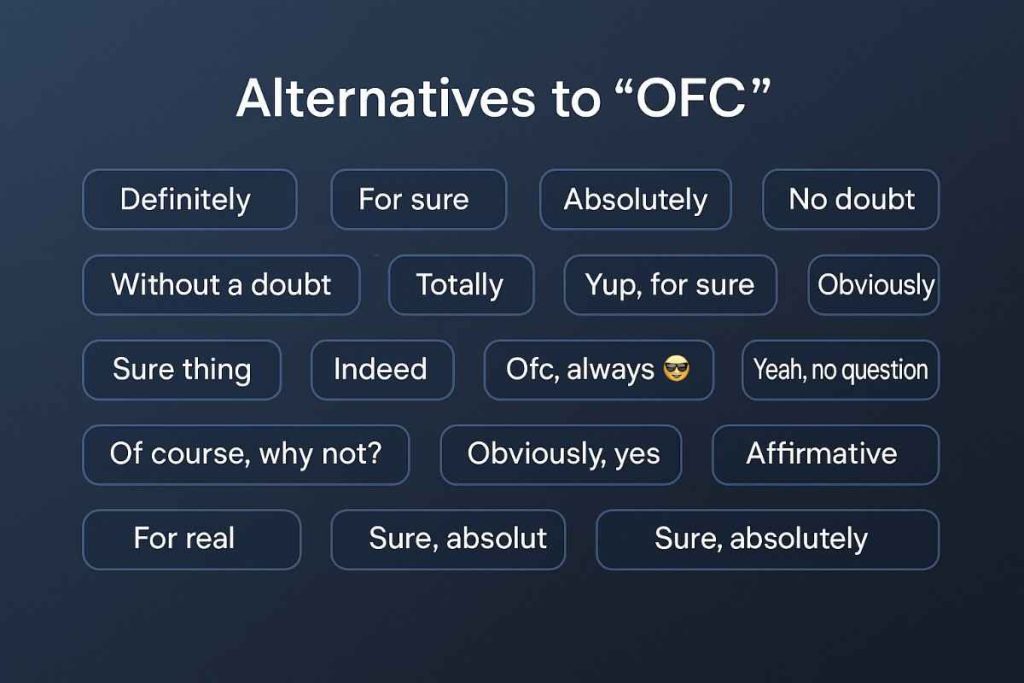
Alternatives to “OFC”
Here are other expressions that mean the same thing, depending on tone or formality.
1. Of Course
Meaning: The full version of “OFC.”
Explanation: Sounds polite and complete. Works in any situation.
Example: “Of course, I can help you with that.”
Best Use: Formal or semi-formal communication.
2. Definitely
Meaning: A strong way to agree or confirm something.
Explanation: Adds confidence and enthusiasm.
Example: “Definitely, I’m in.”
Best Use: Texting, friendly conversations, or work messages.
3. For Sure
Meaning: A casual phrase for “of course” or “yes.”
Explanation: Popular in speech and texting. Sounds friendly and relaxed.
Example: “For sure, I’ll be there.”
Best Use: Informal chats or social posts.
4. Absolutely
Meaning: Expresses strong agreement.
Explanation: Slightly more formal than “OFC” but still natural.
Example: “Absolutely! That’s a great idea.”
Best Use: Professional or positive responses.
5. Sure Thing
Meaning: Another casual way to agree.
Explanation: Common in spoken English and light conversation.
Example: “Sure thing, I’ll send it over.”
Best Use: Friendly messages, group chats, or teamwork.
6. No Doubt
Meaning: Expresses full confidence or certainty.
Explanation: Sounds cool and modern.
Example: “No doubt, you’ll crush it.”
Best Use: Texting friends or giving encouragement.
7. Naturally
Meaning: The polite, slightly formal version of “of course.”
Explanation: Works in both spoken and written communication.
Example: “Naturally, I’m happy to help.”
Best Use: Formal writing or professional emails.
Simple and Polite Responses to “OFC”
When someone messages you with “OFC,” your reply should match their tone — friendly, polite, or playful.
1. Polite Responses
- “Thank you!”
- “That means a lot.”
- “I appreciate it.”
2. Friendly Responses
- “Haha, knew I could count on you!”
- “You’re the best!”
- “OFC, I should’ve guessed 😂.”
3. Playful Responses
- “OFC you did 😏.”
- “Well, that’s a given.”
- “No surprises there!”
4. When You Want to Continue the Chat
- “OFC! So, what’s next?”
- “Awesome! Want to plan it out?”
- “Cool, let’s do it then.”
Matching energy is key. Keep it light, direct, and conversational.
Conclusion
The acronym OFC stands for “of course.” It’s a quick, casual way to agree, confirm, or react online. From TikTok to text messages, people use it daily to express everything from excitement to sarcasm.
Its popularity comes from how easy and natural it feels in digital talk. It’s short, friendly, and flexible — the perfect mix for modern communication.
Just remember context. “OFC” works great with friends, social media followers, or casual chats. In formal situations, stick to the full “of course.”
Language keeps evolving online, and acronyms like “OFC” show how people make communication faster without losing personality. So next time you see “OFC,” you’ll know it’s just someone saying “of course” — with a little extra energy and style.

